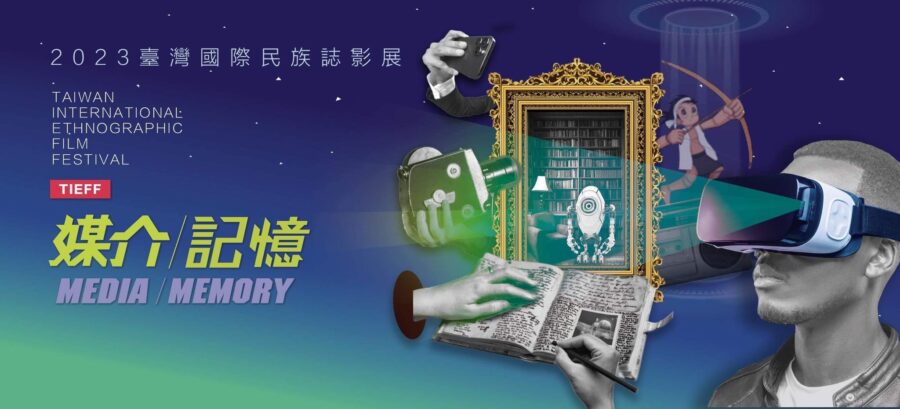Si Yabosokanen
I am Si Yabosokanen, nurse of Lanyu health center. In recent years, I have tried to feel how the tribes people confronted one’s aging, disease and death. I suddenly found a great difference between the phenomenon and the western medical concepts familiar to me. I began to realize tranquilly those maternal cultures totally unknown to me. At the moment, I recalled what my grandfather told me about his dream of his own death.
